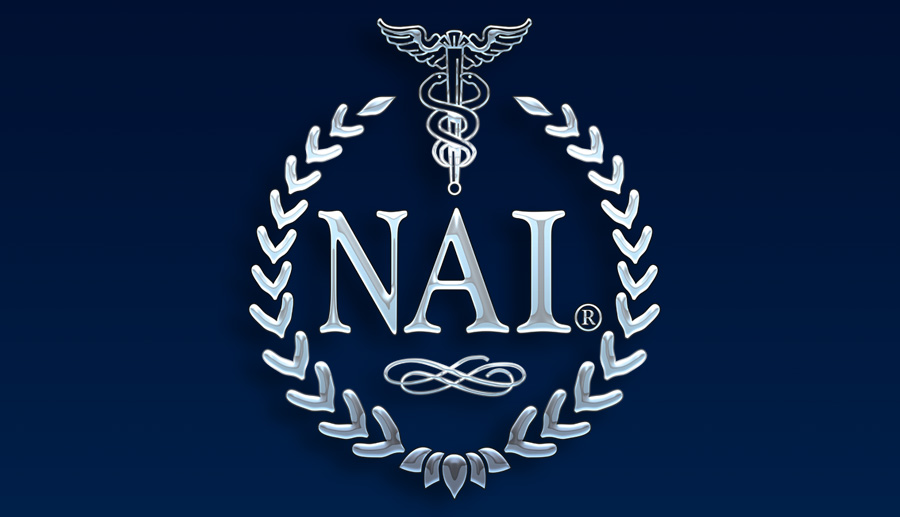Dear Valued Customers:
As you are aware the Governor of California issued an Executive Order on March 19, 2020, related to the novel Coronavirus/ Covid-19 and for the protection of the public health of all Californians. This Executive Order specifically required the supply chain for certain necessities such as food, prescriptions and health care to remain accessible and further identified 16 critical infrastructure sectors that needed to continue their work because of the importance of these sectors to Californians’ health and well-being.
Accordingly, Natural Alternatives International’s operations will remain open for business as an essential and critical food manufacturer, distributor and seller of ingredients and products that are important for the protection of the public health.
Below are excerpts from the California Executive Order N-33-20 and other authoritative references regarding this topic.
California Executive Order N-33-20:
The Governor’s March 19, 2020, Executive Order requires “all individuals living in the State of California to stay home or at their place of residence except as needed to maintain continuity of operations of the federal critical infrastructure sectors, as outlined at https://www.cisa.gov/identifying-critical infrastructure-during-covid-19.” There are 16 critical infrastructure sectors whose “assets, systems, and networks, whether physical or virtual, are considered so vital to the United States that their incapacitation or destruction would have a debilitating effect on security, national economic security, national public health or safety, or any combination thereof.” The manufacture and sale of dietary supplements fall within three of these critical infrastructure sectors – food and agriculture, healthcare & public health and critical manufacturing.
Food and Agriculture
According to the Department of Homeland Security, the following companies, facilities and workers perform critical infrastructure work related to food and agriculture:
- Workers supporting groceries, pharmacies and other retail that sells food and beverage products.
- Food manufacturer employees and their supplier employees.
- Employees and firms supporting food, feed, and beverage distribution, including warehouse workers, vendor-managed inventory controllers and block chain managers.
- Workers supporting the sanitation of all food manufacturing processes and operations from wholesale to retail
- Workers necessary for the manufacturing of materials and products needed for … food and agriculture.
See Memorandum on Identification of Essential Critical Infrastructure Workers During Covid-19 Response (Mar. 19, 2020).
The Food and Agriculture Sector-Specific Plan (“FA Plan”) falls under USDA and FDA guidelines and procedures, The 2010 FA Plan expressly applies the definition of “food” set forth in 201(f) of the Federal Food, Drug and Cosmetic Act (“FDCA”) as “articles used for food or drink for man or other animals, (2) chewing gum, and (3) articles used for components of any such article.” https://www.dm.usda.gov/ohsec/docs/nipp-ssp-food-ag-2010.pdf. The first example listed for food is “Dietary supplements and dietary ingredients.”
Section A.2.2. of the 2015 FA Plan states that FDA performs its public health duties pursuant to some of the following statutory authorities: Federal Import Milk Act (1927); Federal Food, Drug, and Cosmetic Act of 1938 (FDCA), as amended; Public Health Service Act (1944); Fair Packaging and Labeling Act (1966); Infant Formula Act of 1980, as amended; Nutrition Labeling and Education Act of 1990; Dietary Supplement Health and Education Act of 1994; Public Health Security and BioterrorismPreparedness and Response Act of 2002 (the Bioterrorism Act); FDA, FSMA (2011), and other related statutes.1 https://www.cisa.gov/sites/default/files/publications/nipp-ssp-food-ag-2015-508.pdf.
Also, the Federal Emergency Management Agency (“FEMA”) is now involved in the COVID-19 response. In 2019, it clearly stated that Health & Human Services (“HHS”)/FDA is responsible for protecting public health by ensuring the safety, efficacy, and defense of our nation’s food (human and pet), animal feed supply, and dietary supplements. HHS/CDC in coordination with the States, develops and implements surveillance systems to monitor the health of the human population.
Thus, companies, facilities and employees working in the field of dietary supplement and dietary ingredients, both considered “food” under the FDCA, are allowed to continue to work under the food and agriculture critical infrastructure sector exemption to the Executive Order.
Critical Manufacturing
The manufacture and sale of dietary supplements containing vitamins, minerals, herbs or other botanicals, amino acids, substances to increase total dietary intake, or a concentrate, metabolite,
1 This list is not exhaustive, but illustrates the broad authority of FDA. constituent, extract, or combination of these would support public health. As such, the activity falls within the critical manufacturing critical infrastructure sector exception to the Executive Order.
Healthcare & Public Health
Federal law provides that the use of dietary supplements is an important part of the health of American consumers. Section 2 of the Dietary Supplement Health and Education Act makes express Congressional findings that supplements promote health, prevent disease, and reduce health care expenditures. Americans regularly consume dietary supplements of vitamins, minerals, or herbs as a means of improving their nutrition. The statute also found that “the nutritional supplement industry is an integral part of the economy of the United States….” Pub. L. 103-417 § 2. Thus, companies, facilities and employees working in the field of dietary supplement and dietary ingredients are allowed to continue to work since that activity is within the healthcare & and public health critical infrastructure sector to the Executive Order.

